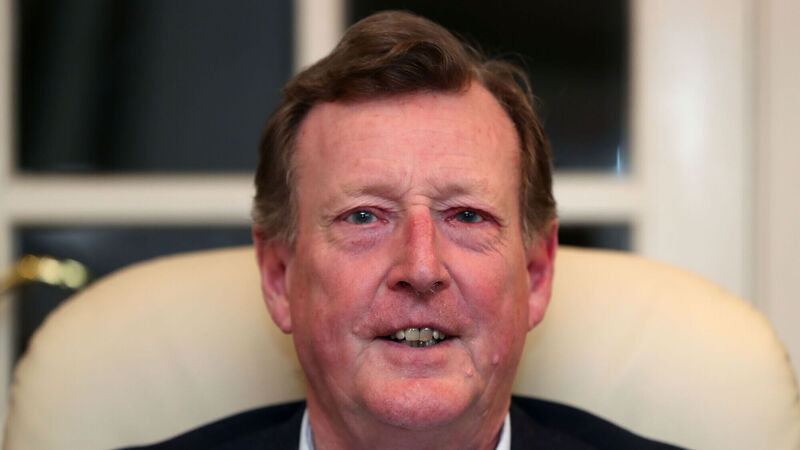Emma deSouza: Northern Ireland needs today's politicians to live up to Trimble's example

David Trimble once said: “Anyone who thinks that in 1998 that the unionist people can impose their will on all the people of Northern Ireland, and the British government, and world opinion, international community, is deluded.” Photo: Niall Carson/PA
Northern Ireland has lost another peacemaker; David Trimble, the unionist architect of the Good Friday Agreement died on Monday. What he leaves behind is a legacy championing peace, and people, over party politics — a principle which Northern Ireland sorely needs in its political representatives as much today as we did in our past.
Trimble became the Ulster Unionist Party leader in 1995, and shortly thereafter became the first unionist leader to meet with a Taoiseach in 30 years. In 1997 during the all-party peace talks, he became the first unionist leader to sit down with Sinn Féin since the partition of Ireland in 1921.













